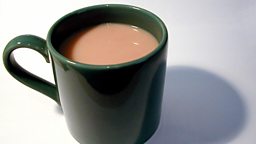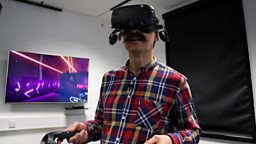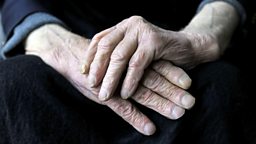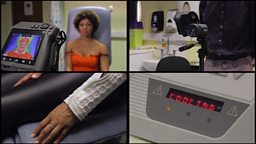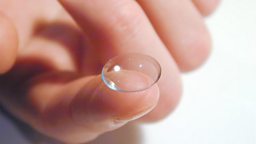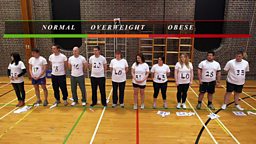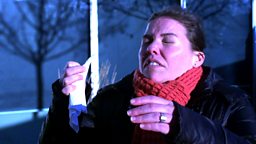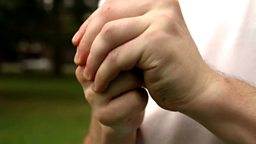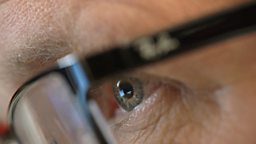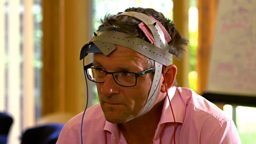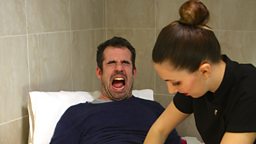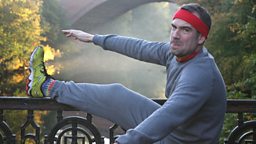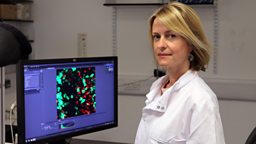Can dance help the symptoms of Parkinson's?
Nearly 150,000 people in the UK live with Parkinson’s disease. This is a condition that can severely affect your mobility. However, recent research has shown that there could be a surprising way to help ease the symptoms.
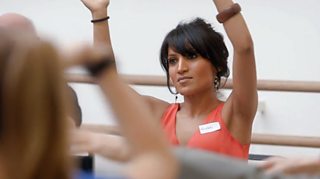
To find out more, Dr Guddi Singh took part in a dance class with a difference: one specifically for those with Parkinson’s. The class is run by Scottish Ballet and Dance Base, and is part of a global Dance for Parkinson’s initiative. This movement began in the US, and has inspired research around the world.
How does it help?
Participants report how it helps them both physically and mentally, and that they can take the movements taught in the class, and use them in their everyday life. Research has shown that dance with music improves physical functioning, and helps to manage the symptoms.
What’s happening in the brain when people dance isn’t yet fully understood, but there are some intriguing possibilities. One theory is the part of the brain that’s most affected by Parkinson’s, the basal ganglia, is activated by dancing. Another idea is that the dancing and the auditory cues through music actually bypass it entirely, and that different neural pathways are created.
Dance and Dementia
While the research into Parkinson’s is more established, work is ongoing to test the effects of dance on patients with dementia. The classes are designed to improve physical closeness, quality of life and relationships.
Dance and MS
Most recently, there has been pioneering work into how dance could help those living with MS. Scottish Ballet have launched a pilot programme of dance classes, which follow a research partnership between the company and The University of Florida Center for Arts and Medicine and Georgetown University Medical Center .
These classes will be assessing the impact on participants’ mobility, balance, creative expression, mental health and wellbeing. Although this project is at an early stage, the work on Parkinson’s, and existing research and expert advice which suggests physical activity is beneficial for people living with MS, all give cause for optimism.
Links
Dance Health:
Dance for Parkinson’s:
Dr Bethany Whiteside:
